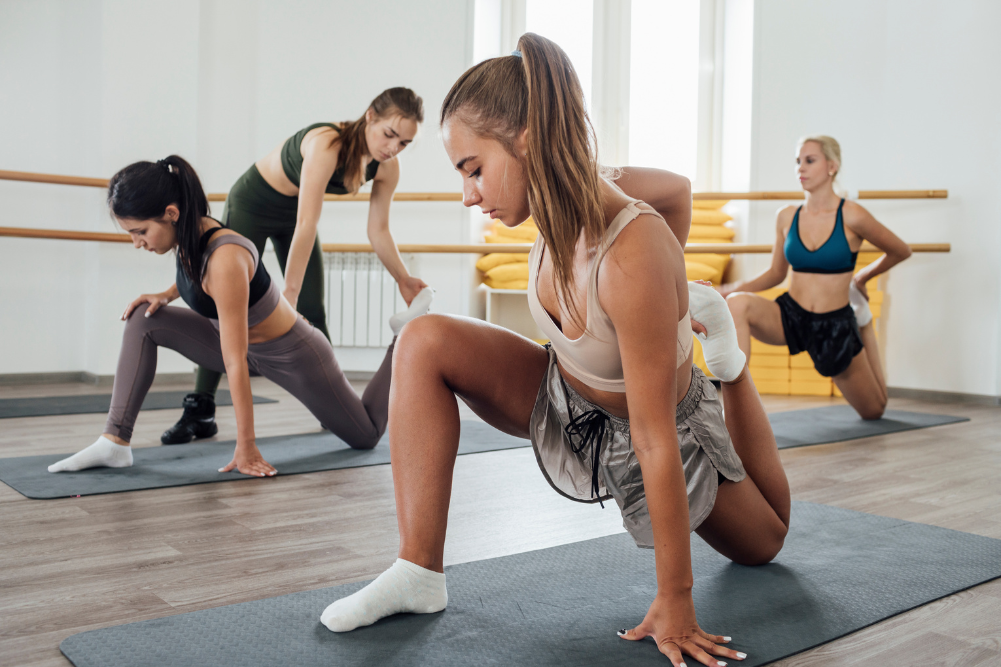More exercise does not mean better mental health
Depression is a leading cause of disability that affects people across all ages, race, gender, education level and income. Exercise has been associated with a reduced risk of cardiovascular disease, stroke, diabetes and mortality from all causes. However, its association with mental health remains unclear.
Researchers conducted one of the largest observational studies of its kind and analysed data from 1.2 million adults aged 18 years and older across the United States. These adults completed the Behavioural Risk Factor Surveillance System survey in 2011, 2013 and 2015. This included demographic data as well as information about their physical health, mental health and health behaviours. The study did not take mental health disorders into account, other than depression.
Social activities associated with team sports may promote resilience and reduce social withdrawal and isolation, thus promoting better mental health.
Participants rated their mental health as “not good” based on stress, depression and emotional problems over the past 30 days. They were also asked how often they exercised in the past 30 days other than their regular job, as well as how many times a week or month they did this exercise and for how long. All results were adjusted for age, race, gender, marital status, income, education level, employment status, BMI, self-reported physical health and previous diagnosis of depression.
On average, participants experienced 3.4 days of poor mental health each month. People who exercised reported 1.5 fewer days of poor mental health each month compared to those who did not exercise — a reduction of 43.2 per cent. The reduction in the number of poor mental health days was larger for people who had previously been diagnosed with depression. In this case, exercise was associated with 3.75 fewer days of poor mental health compared with people who did not exercise — a 34.5 per cent reduction. Improvements were also seen in completing household chores, resulting in the reduction of poor mental health days by 10 per cent.
There were 75 types of exercise recorded that were grouped into eight categories — aerobic and gym exercise, cycling, household, team sports, recreational activity, running and jogging, walking, as well as winter or water sports. Although all types of exercise were associated with improved mental health, the strongest associations for all participants were seen in team sports and cycling, as well as aerobic and gym exercise. It seems that social activities associated with team sports may promote resilience and reduce social withdrawal and isolation, thus promoting better mental health.
Another important factor was the duration and frequency of exercises. People who exercised between three and five times a week had better mental health than people who exercised less or more each week. The study found that exercising for 45 minutes three to five times a week was associated with the biggest benefits to mental health. Exercising for 30-60 minutes had the biggest reduction in poor mental health days. Minor reductions were still seen for people who exercised more than 90 minutes a day, but exercising for more than three hours a day was associated with worse mental health than not exercising at all. Exercising more than 23 times a month was also associated with poor mental health. The researchers note that people with extreme exercise habits may have obsessive characteristics, which could place them at a greater risk of poor mental health.
Exercise is certainly associated with better mental health but it depends largely on how long you exercise for and how frequently.
Source: The Lancet








